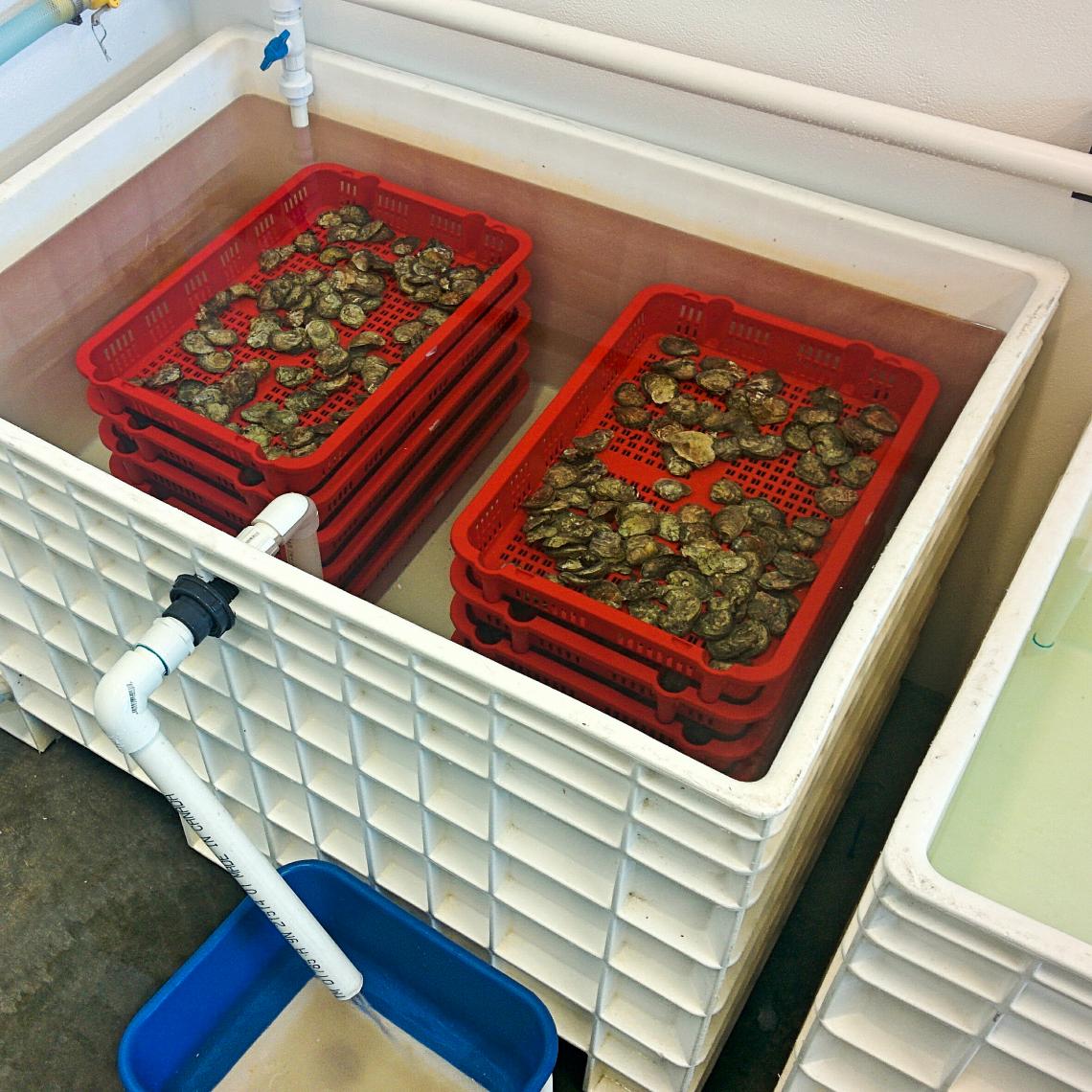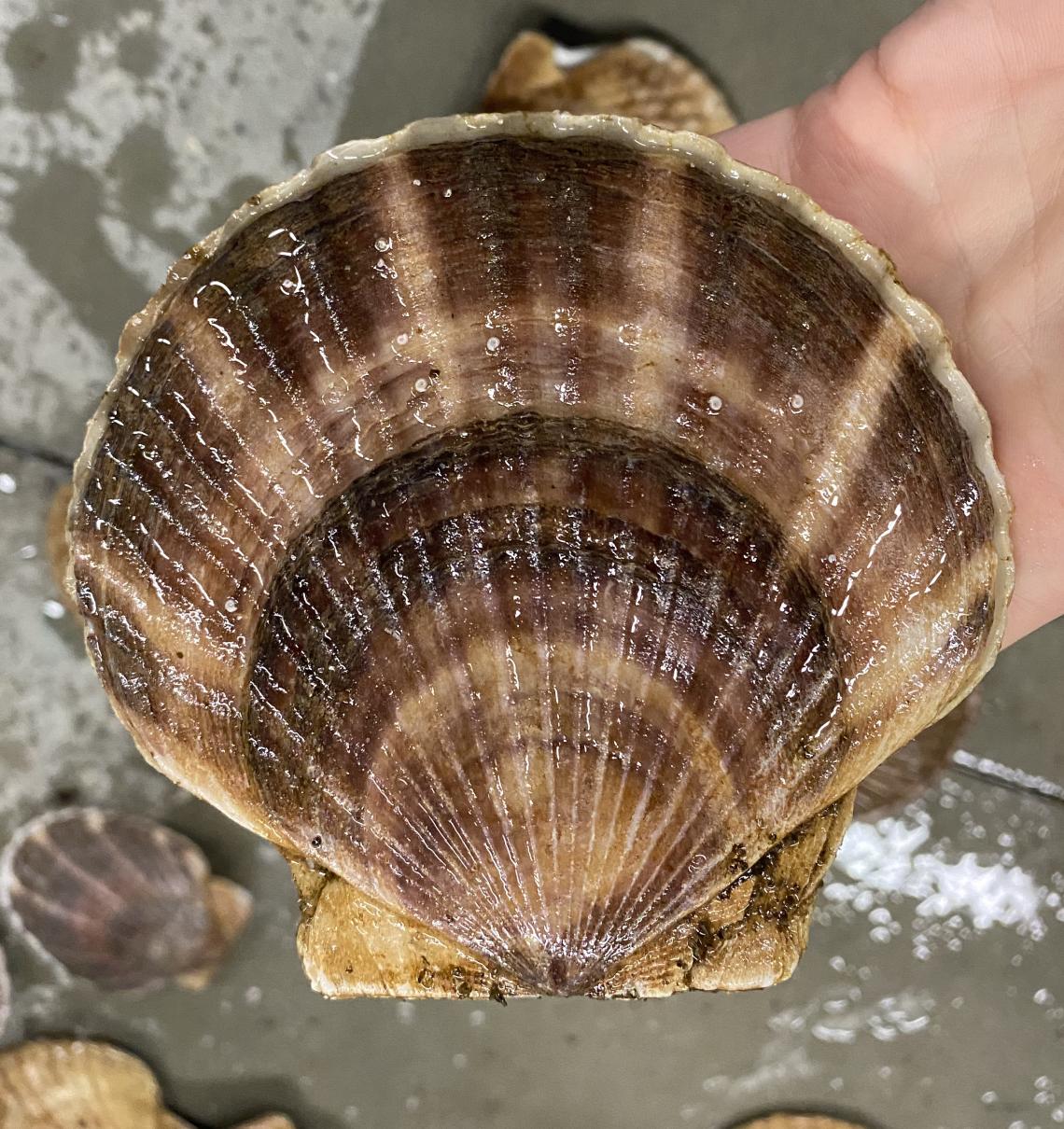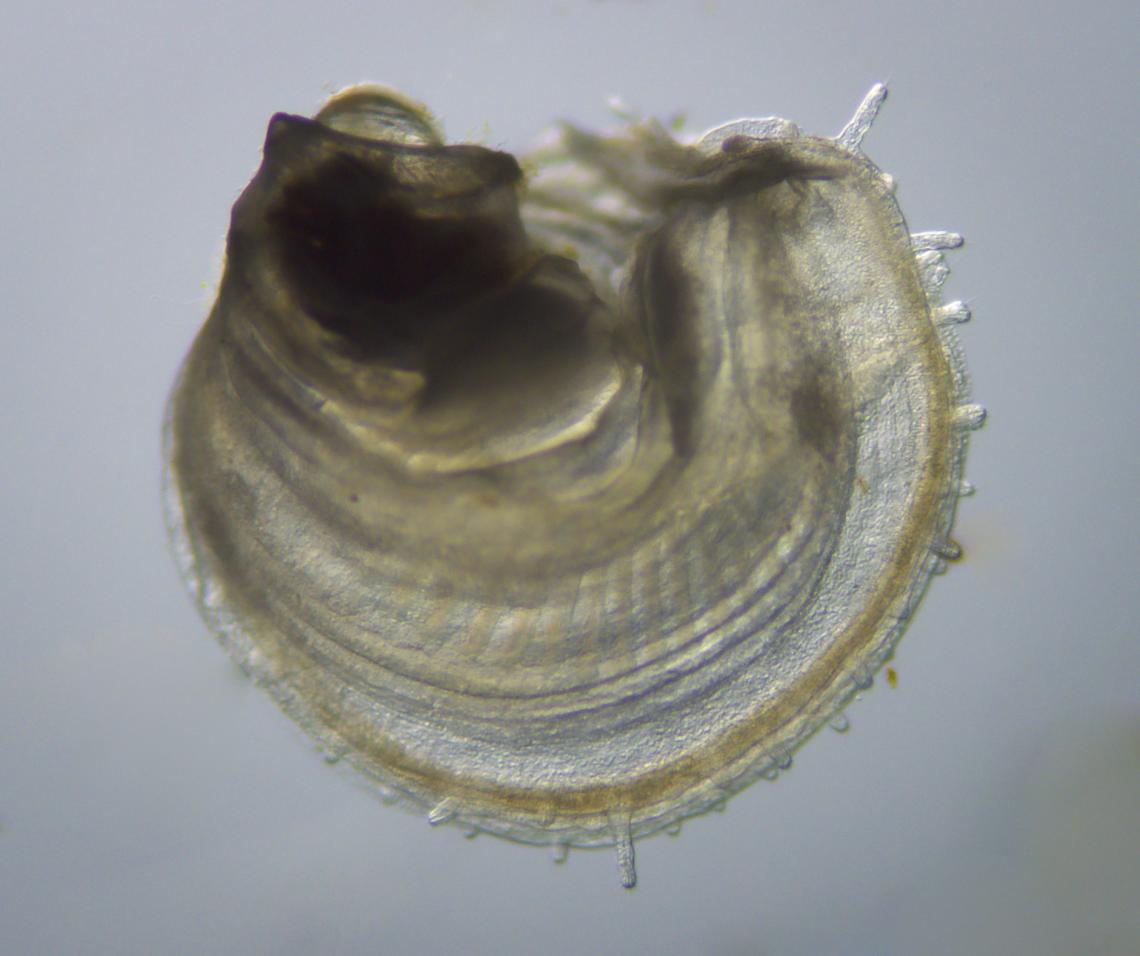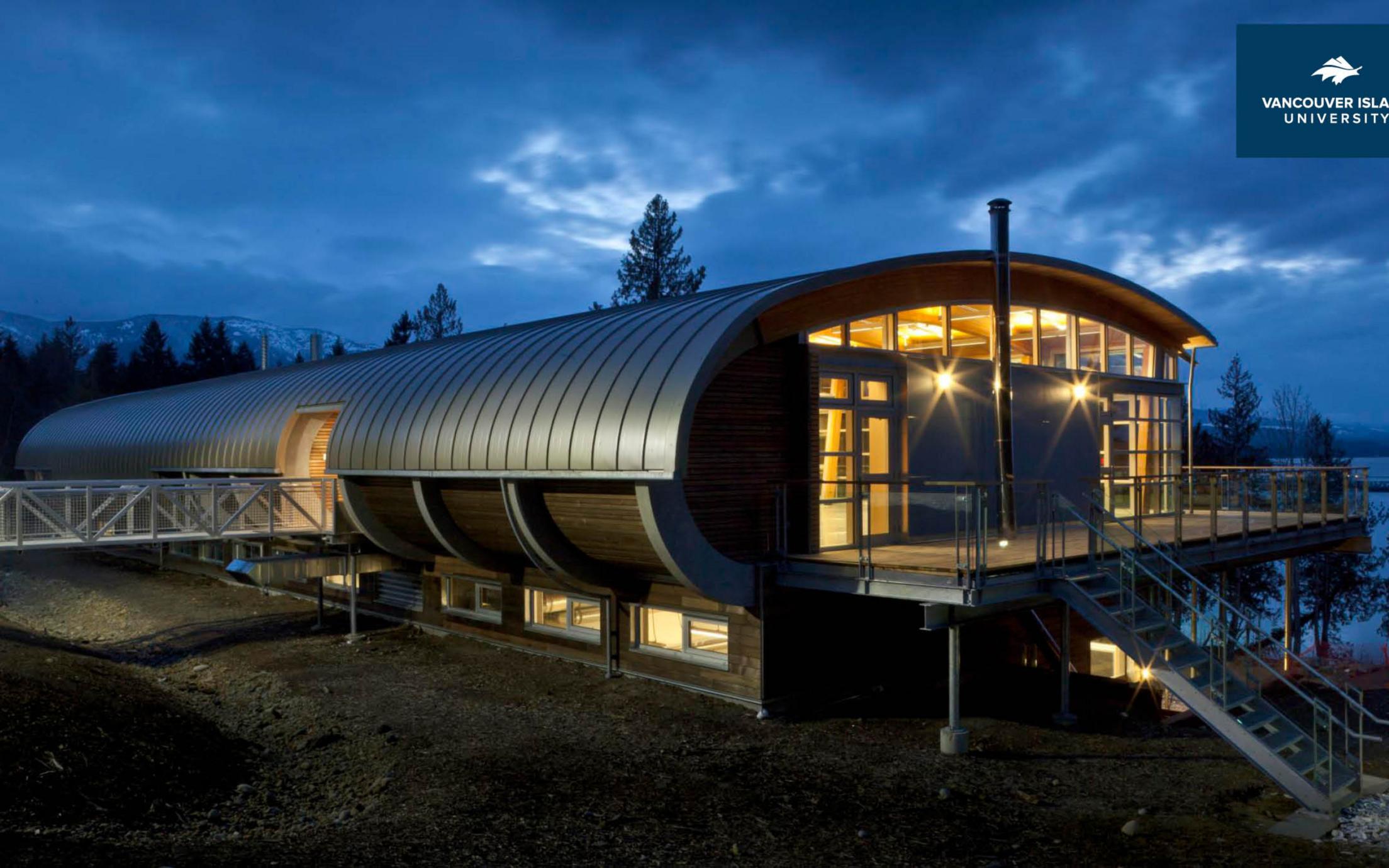In British Columbia, many shellfish hatcheries are currently struggling with annual mortality events, typically occurring in the summer months, that have nearly bankrupted some companies and have forced others to permanently close their facilities. These mortalities are attributed to an array of causes, such as increased occurrence and severity of marine heat waves, infectious bacteria, viruses, ocean acidification, and climate change. Shellfish aquaculture is a significant addition to our Canadian economy, however, there is substantial opportunity for this industry to grow, which issues a need for further investigation into these mortality events.
Our selective breeding program is one of many projects that the Deep Bay Marine Field Station is taking part in. This project has been ongoing for over 5 years now, and is helping to create a more sustainable shellfish aquaculture industry in British Columbia through selective breeding strategy that promotes increased resistance against summer mortality events. The project is focused on Pacific oysters (Crassostrea gigas) and Japanese scallops (Patinopecten yessoensis), two very important species in shellfish aquaculture.
The overarching objective of the project is to investigate the link between the genetics of an individual and their survivability against triggers of summer mortality. We start by conditioning broodstock oysters and scallops from different populations around Vancouver Island until they are ready to spawn. We then breed them with individuals from their own species to create multiple families. These separate families are tested against different oceanic conditions, and the growth and survivability of each of the families is monitored. We then genetically test individuals from each of the families and make connections between which genetics may be yielding more resistant oysters or scallops. Families are also assessed for other commercially important traits such as growth rate and shell shape.



This project is a selective breeding initiative designed to promote shellfish lines that are naturally resistant to changing environmental conditions while still maintaining a sufficiently diverse genetic base. We hope to develop a pool of broodstock for the industry that performs well in Baynes Sound and the Salish Sea, ultimately increasing the survivability of our coastal oysters and scallops and increasing production from local farms.
